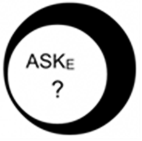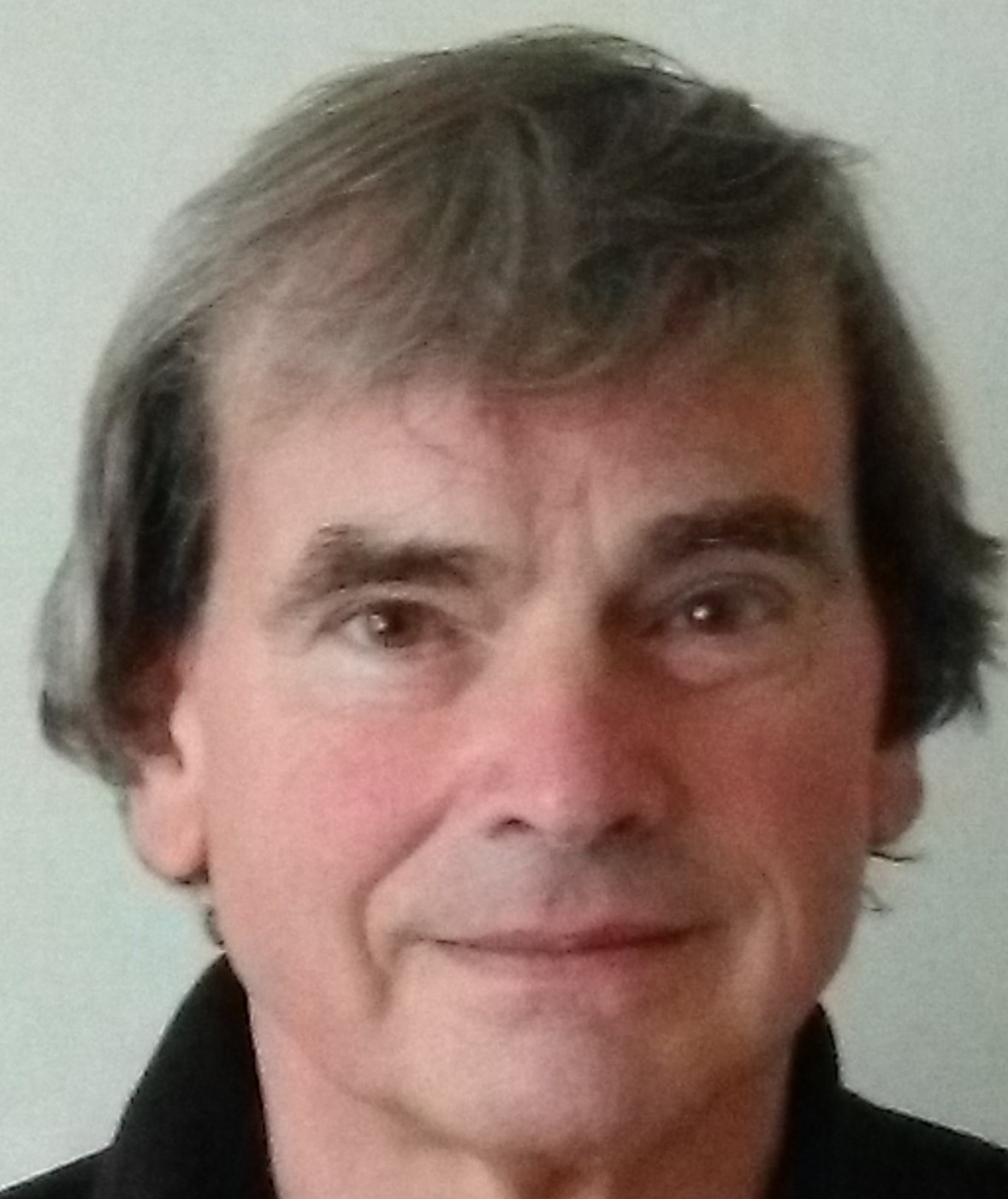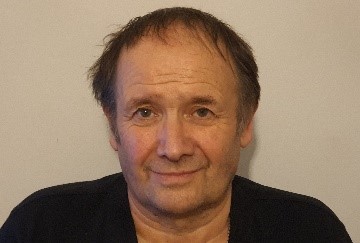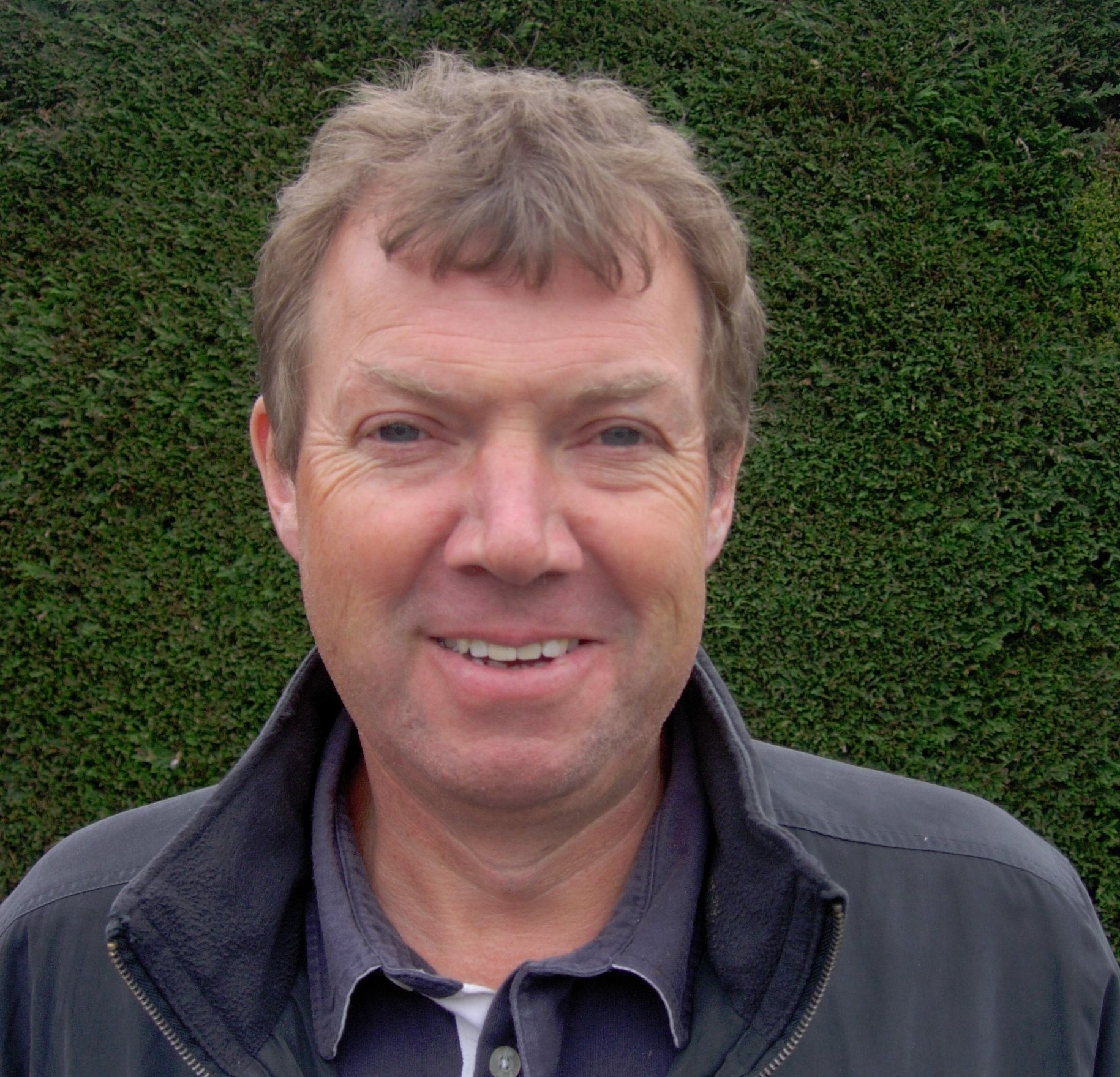Books on skepticism
If you are new to skepticism you may want to read a general, up-to-date introduction. There is
plenty of material online but you may prefer the comfort and convenience of reading offline
sources.
If you click here
you will find a list of popular books on modern skepticism. Three comprehensive guides that are
listed there are:
The Skeptic Encyclopedia of Pseudoscience, which is a two-volume collection of
articles edited by Michael Shermer.
Why People Believe Weird Things: Pseudoscience, Superstition, and Other Confusions of Our
Time by Michael Shermer,
The Skeptics' Guide to the Universe: How to Know What's Really Real in a World
Increasingly Full of Fake by Steven Novella.
A more recent overview is:
Investigating Pop Psychology: Pseudoscience, Fringe Science, and Controversies
edited by Stephen Hupp and Richard Wiseman.
Books exclusively authored or edited in the UK include:
Anomalistic
Psychology by Chris French.
Why Statues Weep edited by Wendy Grossman and Chris
French.
You will find other books that specialise in topics of skeptical interest such as paranormal
claims, pseudoscience and antiscience, medicine (alternative and orthodox), and conspiracy
theories.
Periodicals
The UK has its own skeptical magazine The Skeptic (not to be confused with the US journal
of the same name - see below) which for many years was available as a hard copy. This is now online
and, may be accessed at www.skeptic.org.uk/.
There are two well-established skeptical periodicals published in the USA that are of a high
academic quality. One of these is the bi-monthly Skeptical Inquirer, published by the Centre for Inquiry. There are lots
of articles accessible online, but you can have the full issue mailed to you (there is a UK
agent).
The Skeptic is published by the
Skeptics Society of the USA. Again, there are many online articles but you can have the full
journal delivered to your address.
Skeptical societies all over the world have their own periodicals in their own language. The
Australian Skeptics magazine is of
course in English, and is quite substantial.
Meetings
You can develop your interest in skepticism further by attending meetings and conferences
devoted to topics of skeptical interest. For a long time now, all over the UK, and in other
countries, meetings have been held in pubs at which invited speakers give talks of relevance to
skepticism. In fact it's a good way of learning about areas of knowledge and recent scientific
developments over a wide range. You might even consider offering to give a talk yourself in your
field of expertise. Anyone is welcome to come along. Usually no entrance fee is charged, but a
donation of the price of a pint is encouraged. There may be a Skeptics in the Pub near you. A list
of those in the UK is available here and
for those elsewhere, here. Most of these host live meeting but bi-weekly online online meetings are
still being hosted by Skeptics in the Pub
Online.
In some cases you'll find that the organisers of a Skeptics in the Pub are involved in other
skeptical activities and some have quite busy websites, such as the Merseyside Skeptics Society and the
Greater Manchester Skeptics Society. If you are
keen, you and your colleagues could consider setting up a Skeptics in the Pub in your locality -
you'll be offered plenty of support.
In the UK, a hugely popular annual skeptical conference is held in Manchester with an attendance
in the hundreds from all over the world. It is called QED ('Question, Answer, Explore'). Presentations covering a limitless range of
areas of interests, both in the sciences and the arts, are given by international experts over one
weekend. QED is organised by North West Skeptical Events Ltd (NWSE), a volunteer-owned non-profit
organisation originating from a collaboration between the two skeptical societies above.
There are, of course, events that take place in other countries. One worth mentioning here
(simply because it is in English) is the bi-annual European Society of Hypnosis. Further details of
this can be found here. For other conferences see the
list on
Wikipedia.
A comprehensive calendar of skeptical events in Europe may be found by clicking the tab
'Events in Europe' on the website of the European Skeptics Podcast.
Campaigning groups
There are a host of individuals and groups in the UK and elsewhere that share the aims and
principles of the skeptics movement. Many of these are listed in the section Other organisations and websites and may be confined to Twitter accounts,
blogs, podcast series and YouTube channels. Others are more involved in campaigning and you may
follow their activities online, become a member yourself, or support them in other ways. It's
worth mentioning five of them here:
The European Skeptics Podcast: You can
find out what is happening on the skeptical scene throughout Europe by visiting this site and
listen to their regular podcasts, which cover a multitude of diverse topics.
Sense About Science:
'With a database of over 6,000 scientists, from Nobel prize winners to postdocs and PhD
students, we work in partnership with scientific bodies, research publishers, policy makers, the
public and the media, to change public discussions about science and evidence.'
The Good Thinking
Society: Founded by science writer Simon Singh, its goal is 'to encourage curiosity and
promote rational thinking' and is actively involved in campaigning against misinformation,
quackery and pseudoscience.
HealthSense (formerly
HealthWatch): Campaigns against unproven and questionable medical practices, including alternative
medicine but also dubious claims in mainstream medicine.
The Nightingale
Collaboration: 'The Nightingale Collaboration (also see below) challenges
questionable claims made by healthcare practitioners on their websites, in adverts and in their
promotional and sales materials by bringing these to the attention of the appropriate regulatory
bodies. We also strive to ensure that organisations representing healthcare practitioners have
robust codes of conduct for their members that protect the public and that these are
enforced.'
Making a complaint about dubious health claims
The media, including the internet, are full of advertisements for products and treatments that
are claimed to alleviate and cure illnesses and problems despite the absence of any proper evidence that they are
able to do this. They may even be dangerous. ASKE encourages members of the public to formally
complain about such scams to the Advertising Standards Authority/ Committee of Advertising
Practice. Guidance on how to do this may be found on the ASA/ CAP website. Over the years, individuals and
groups, such as the Nightingale
Collaboration (see below), have been very successful at having advertisers remove misleading
health claims for their products from their advertisements, promotional literature and websites.
The ASA/ CAP publishes its rulings every week here.
Activities of some previous ASKE members
Some previous ASKE members are themselves very active in promoting skepticism, irrespective of their
membership of ASKE. If you are a donor yourself, in the section below you are free to announce any
activities you are involved in that may be of interest to anyone visiting this website.




